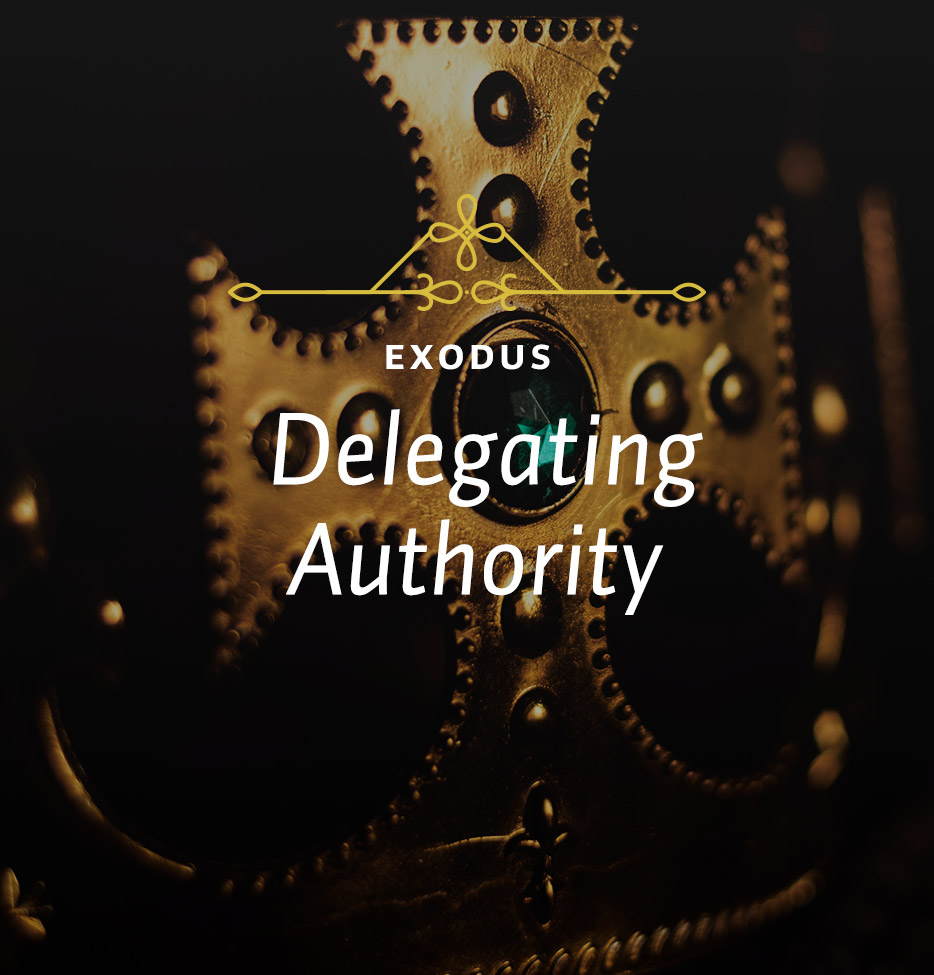We concluded yesterday’s study by looking at the first qualification Jethro gave to Moses for the judges he was appointing. Today, we begin with the second qualification.
The second is piety. This is important for any religious office, but perhaps especially for those who have to judge. We are told that the fear of the Lord is the beginning of wisdom. And these men, if they are going to judge rightly, have to exercise wisdom. They have to begin with a proper fear or respect for God. That’s going to spill over in the way we look at people. First of all, it means that we will have respect for them because we know perfectly well they are made in the image of God as we ourselves are. So if we have respect for God, we will have respect for the image of God in those for whom we are responsible. Secondly it will enable us to place human demands, needs, and cases in a proper perspective, since ultimately we have to answer to God for everything we do. People can come with all sorts of demands, but they could be entirely selfish demands. If we are operating on the selfish level then we begin to identify with those. We have to begin to see it from God’s perspective.
The third qualification from Jethro is that they have to be trustworthy. It’s possible to have a great deal of ability and even be quite pious and godly, and yet not be somebody that you can really trust to get the job done. Jethro tells Moses to get people who are reliable, those you can really count on to do what needs to be done.
The last qualification is that they have to be men who hate dishonest gain. Now he is talking about integrity there. That’s often the problem in the court system. From time to time you hear of scandals about judges or lawyers who are taking bribes to shift verdicts from what they should be. This is a problem for us, but it was far more of a problem in the ancient world. There wasn’t any system in the ancient world that required judges to render speedy judgments. They could put it off as long as they wanted. That’s why Jesus talked about the unjust judge in Luke 18. The poor widow who had a case; justice was on her side. But the judge wouldn’t pay any attention, and she couldn’t get justice because she didn’t have any money to bribe him. If she were rich and paid him well, of course he would have rendered judgment. But he didn’t care about her situation because there was nothing for him to gain. But he finally heard her case because she kept coming to him and would not give up. Jethro wanted people who are not in it for their money, but who wanted to judge rightly.
I suppose the most remarkable thing at this point is that Moses accepted it. Moses could very well had said, “Now, you may be my father-in-law, Jethro, but just remember: I am not the shepherd that you knew when I was here before. You know I haven’t tended sheep for a year and a half now, and God sent me to Egypt, and I went down there, and you know we did all these miracles. And now I am the leader of a nation of two million people. You know you’ve never had any responsibility as I have over this many people.” Moses might even have said, “God speaks to me, God doesn’t speak to you. Now who are you to tell me how to do this? If God tells me to do it, then I will do it. But until He does, I think I’ll just wait for the voice of God.” But Moses wasn’t like that. One of the great qualities of Moses is that he was a humble man. He listens to his father-in-law, and then acts on that advice. That humility shows how great a leader Moses is.
Now all of this has some bearing upon the organization of the church. The specific advice of appointing judges is obviously different, but there are some principles that we see in this good advice given by Jethro, accepted by Moses, and apparently also endorsed by God.
The first principle concerns a division of responsibility, and it flows from two realities: 1) no one person in Israel at that time, or no one person in the church today, possesses all the gifts that are necessary; and 2) even if someone did have all the gifts, they don’t have the time to do everything that needs to be done. So God’s way is to divide the responsibility, and that’s what we need to do in the church. D. L. Moody once remarked that it’s better to set a hundred men to work than to do the work of a hundred men. Moody wasn’t lazy; rather, he understood that principle.
Moses was an extraordinary man. He had magnificent gifts and unbelievable training, the best possible training you could have in that day. But you see, even Moses couldn’t do everything. This is why you get the division of leadership. If he couldn’t do it, we can’t do it either. And we should be looking for people who can.






